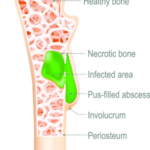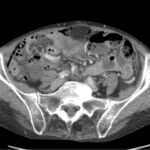Reducing the time to diagnosis and initiation of appropriate treatment is paramount to intercept inflammatory damage in patients at the onset of rheumatic disease. But those targets can be delayed by provider shortages and other barriers to care. Since last June, Remission Medical, a virtual rheumatology clinic, has been partnering with Mayo Clinic to find…









